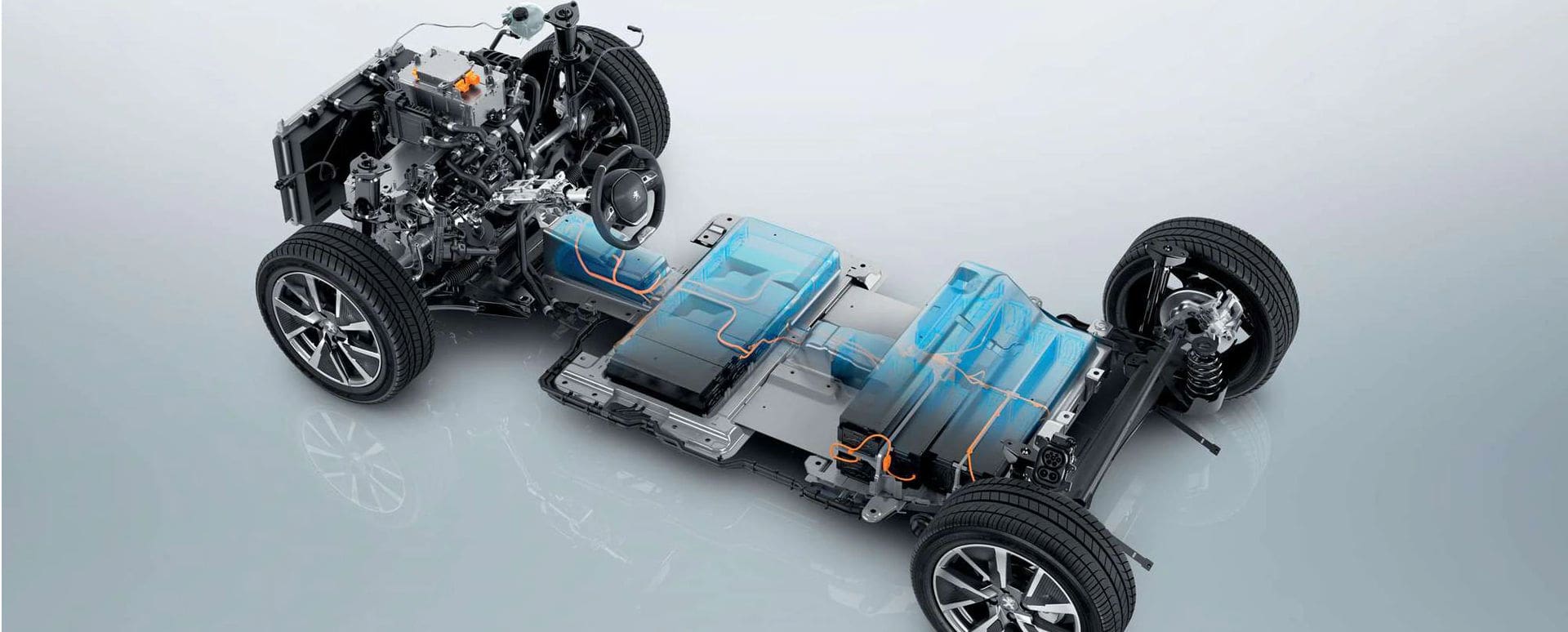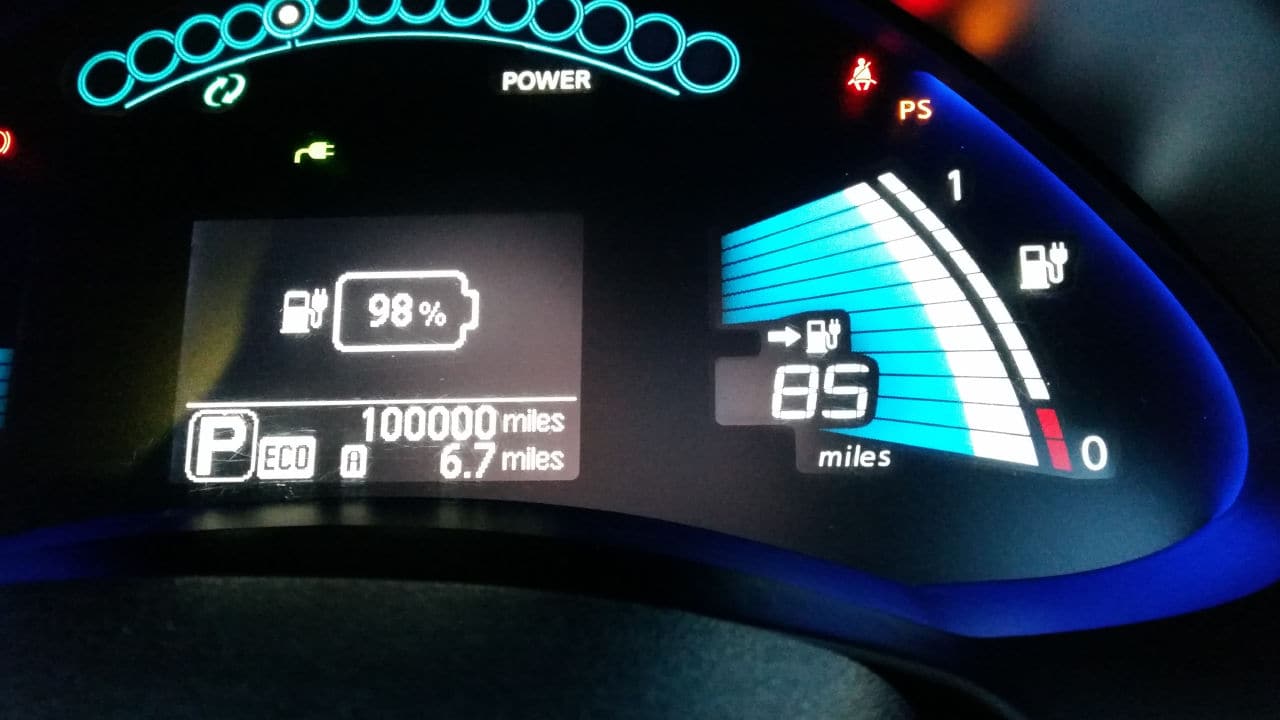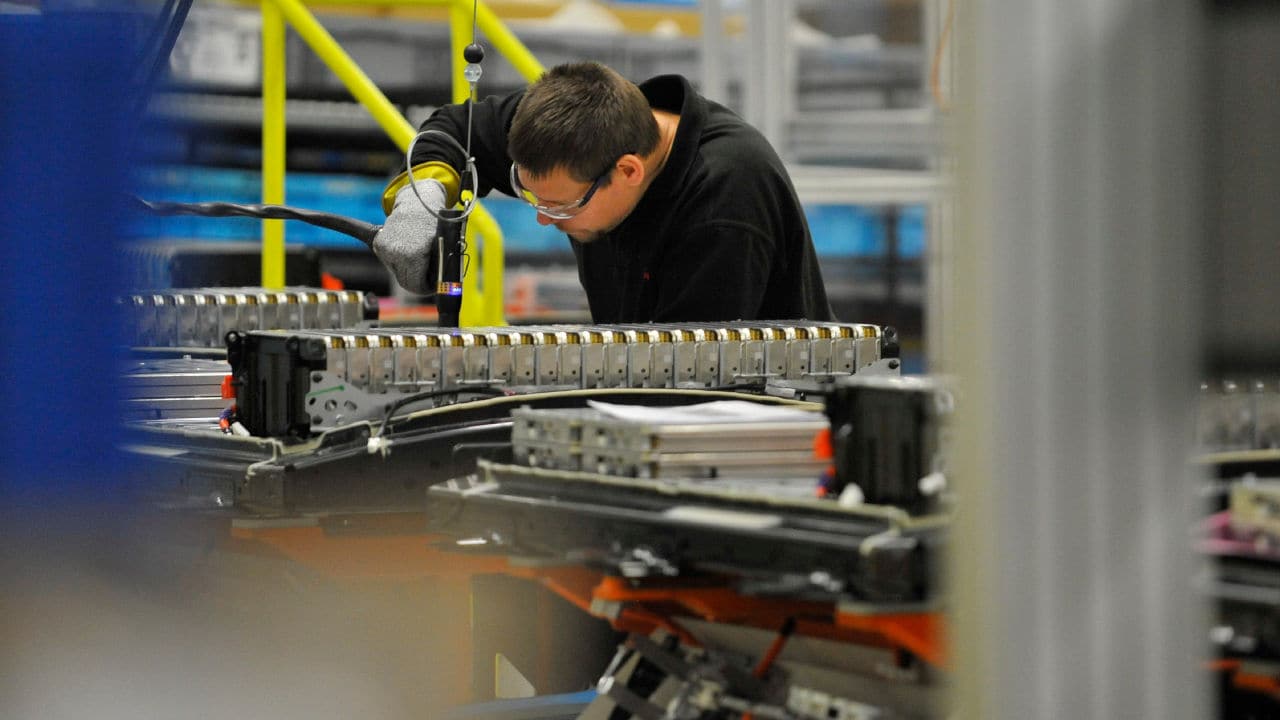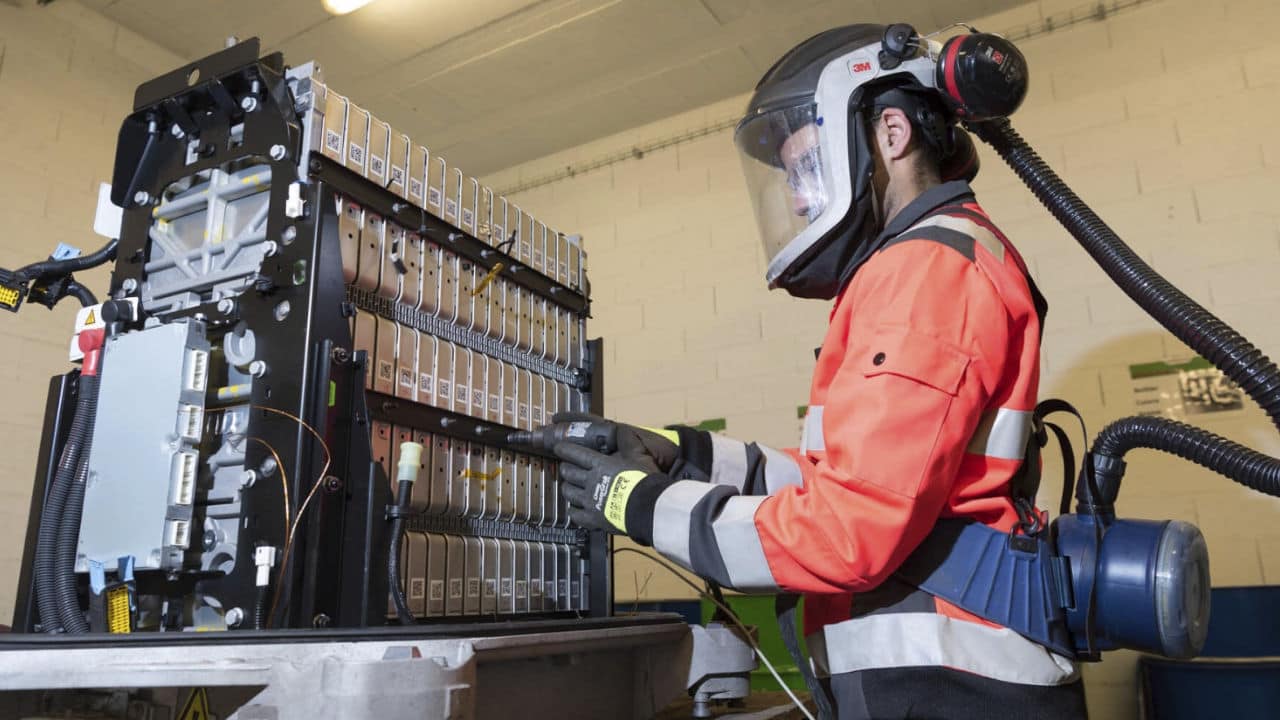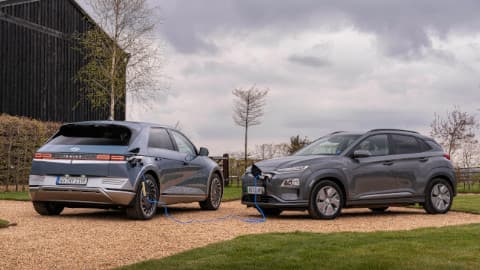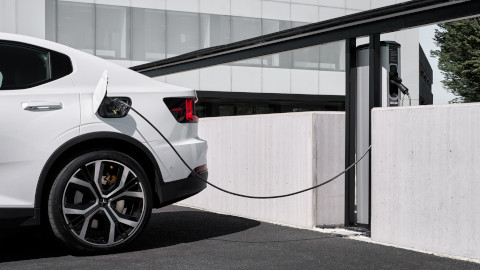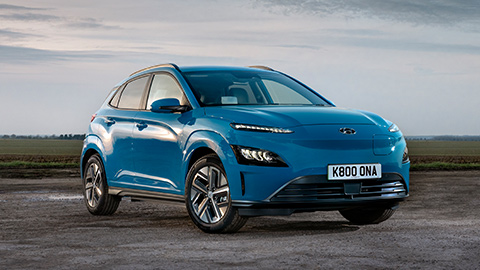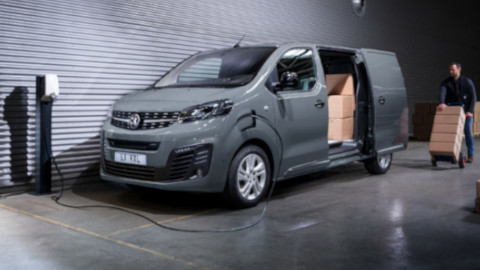Everything You Need to Know About Electric Car Batteries
30th Jun 2021
By Nathan Dale
New technology, new questions
The electric vehicle (EV) revolution is heavily reliant on vastly increased numbers of suitable batteries being produced in order to meet demand for this new technology.
With new technology comes new questions and concerns for consumers. With this in mind, we have answered some of the most common questions that our customers have around electric car batteries.
How long do electric car batteries last?
Electric car batteries are designed to last around 12 years or 1,500 to 2,000 charge cycles, according to CAR magazine.
Manufacturers of electric vehicles provide car battery warranties to demonstrate their faith in the longevity of their powertrains. The battery of the Nissan LEAF, for example, comes with an 8-year, 100,000-mile warranty, as does the Vauxhall Corsa-e and Hyundai Kona Electric.
Over time however, discharging and charging electric car batteries will reduce the overall capacity, much like a smartphone. Manufacturer warranties will likely state that they won't replace a battery pack until it loses over 30 percent of its maximum capacity.
How can I make my electric car's batteries last longer?
Avoiding really low and really high states of charge is the best way to ensure the longevity of electric car batteries. Tests have shown that constantly (nearly) fully depleting and charging back up to 100 percent will increase the rate of degradation.
The optimal solution for long-term battery health is to stay between 15 and 85 percent charge for the majority of use.
Many electric cars can be connected to smartphone apps such as MyVauxhall, which allow you to set charging times and how much you want to charge, so you don't need to run out and unplug it as soon as it hits 85 percent.
Letting your electric car's batteries go completely flat will also take some of the life out of them, and should be avoided.
Rapid charging also increases the rate of degradation, because of the high temperatures produced during the charging process. Using a home wallbox is the best way to charge an electric car.
What are electric car batteries made of?
Electric car batteries are made up of hundreds of lithium-ion cells, joined together to form a battery.
The most common materials used to make electric car batteries are lithium, nickel, manganese and cobalt. These are "rare" metals that need to be mined, refined and made into batteries.
How do they work?
Though high-tech, the way EV batteries work is relatively simple. Within each battery cell there are two electrodes; one positive (anode) and one negative (cathode).
As the car drives along the road, electrons move from the cathode to the anode to generate a current that powers the electric motor, which drives the wheels. During charging, the electrons flow in the opposite direction.
Who makes electric car batteries?
Consumer electronics and technology companies, such as Panasonic, are currently the leading suppliers of electric car batteries.
More recently however, car makers are committing to building so-called "gigafactories" to produce batteries for EVs, so that they can more closely control costs and supply. In fact, Nissan are building a factory in Sunderland for that very purpose.
Electric car battery lease agreements
Up until as recently as 2017, some manufacturers offered battery lease agreements with their EVs in order to bring down the RRP.
These agreements meant customers had to pay a monthly figure to "rent" the batteries from the manufacturer, in addition to the cost of the car itself.
Car manufacturers don't do this anymore, however some older used electric cars still have lease agreements attached to them, so be sure to check before you buy.
What happens to electric car batteries when they are no longer needed?
End-of-life electric car batteries can either be repurposed, recycled or disposed of.
Repurposed
- To prevent excess waste, manufacturers like Nissan and Volkswagen are reusing old electric car batteries at the factories to power small automated vehicles that don't require large amounts of energy to function.
- Old electric car batteries that still have plenty of life left in them can be used to power a home as part of a battery storage system. When connected to a renewable energy source such as wind or solar, this becomes a very environmentally-friendly way to power a building.
Recycled
- Renault are recycling electric car batteries in collaboration with waste management company Veolia. Other manufacturers are starting to follow suit, as not only does it help with environmental issues, it results in a steady stream of raw materials that can usually only be found outside of Europe.
Disposal
- Disposal is the last resort for electric car batteries, as ending up in landfill would result in harmful chemicals and toxins entering the atmosphere. European, Chinese and US governments are all introducing legislation to promote the recycling and reusing of electric car batteries.
Ready to charge into electric vehicle ownership?
At Evans Halshaw, we are partners with some of the world's leading automotive brands, all of whom are releasing increasing numbers of excellent electric vehicles.
The next step for you may be to learn more about electric vehicles and how they work, browse our electric car offers or search for a used electric car.

